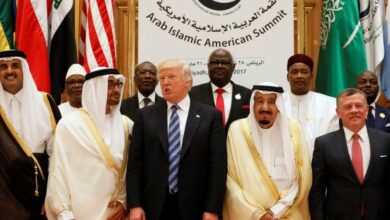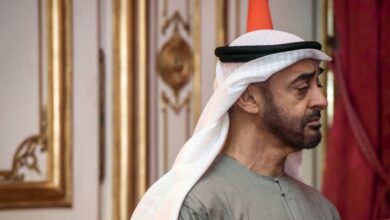The UAE in Africa: Power, Influence, and Conflict

In recent years, the United Arab Emirates has emerged as one of the most assertive external actors in Africa. Once confined to Gulf geopolitics, the UAE is now extending its reach deep into Africa’s economic, political, and military landscapes — offering billions in investments, building infrastructure, and embedding itself in conflict zones.
This transformation is no accident. Analysts describe it as a deliberate strategy to turn Africa into a sphere of influence for Emirati interests, securing resources, logistics hubs, and political partnerships at a time when global competition for African assets has intensified.
Strategic Networks in Sudan and Beyond
One of the clearest examples of this strategy is the UAE’s growing logistical and security network in countries surrounding Sudan. Regional diplomats and observers note the construction of field hospitals, transport hubs, and airstrips by Emirati actors near key flashpoints in Sudan’s civil war — ostensibly humanitarian, but raising questions about military utility.
These facilities allow the UAE to project power quietly, providing humanitarian cover while enabling covert support to proxies, particularly in conflict-ridden areas where governance is weak and local elites are amenable to Emirati patronage.
The Central African Republic Deal
A notable case occurred in November 2024, when Sheikh Shakhboot bin Nahyan Al Nahyan, a senior Emirati diplomat, traveled to Bangui, capital of the Central African Republic (CAR).
According to CAR and Western officials, Sheikh Shakhboot offered a package deal to President Faustin-Archange Touadéra: UAE investments in defense, mining, and agriculture, in exchange for access to remote airstrips in CAR’s east — a region plagued by lawlessness and insurgent groups.
This offer follows a familiar pattern: strategic investment accompanied by infrastructure and security cooperation that effectively anchors UAE influence in key locations across Africa. In resource-rich but politically unstable states like CAR, this strategy allows Abu Dhabi to secure long-term leverage under the guise of development aid.
Covert Influence and Military Logistics
The UAE’s activities go far beyond mere economics. Field hospitals double as logistics centers. Aid shipments coincide with private security deployments. Airstrips serve as dual-use hubs. In Libya, the Sahel, and now Sudan’s periphery, UAE networks operate at the intersection of humanitarian relief and covert military activity.
Critics argue that this approach fuels conflict rather than alleviating suffering, embedding external interests in fragile states and exacerbating divisions among local factions.
A New Form of Empire?
The UAE’s presence in Africa is not colonial in the old sense — there are no occupying armies or settler populations. But the hallmarks of neocolonial influence are present: extraction of resources, manipulation of local elites, military entanglements, and control of key logistics infrastructure.
Abu Dhabi is positioning itself as Africa’s newest external patron, wielding wealth and covert influence to shape fragile states to its advantage. This “soft imperialism” is particularly potent because it operates through investment and aid, obscuring its more coercive dimensions.
Conclusion
The UAE’s African strategy reveals a new model of power projection: financial, covert, and opportunistic. Its activities in Sudan, CAR, and elsewhere signal an ambition to become a dominant player in Africa’s political and economic future, even at the cost of fueling conflict and undermining sovereignty.
Dark Box will continue to investigate these networks, exposing the hidden machinery of Emirati influence as it expands from the Gulf to the heart of Africa.




